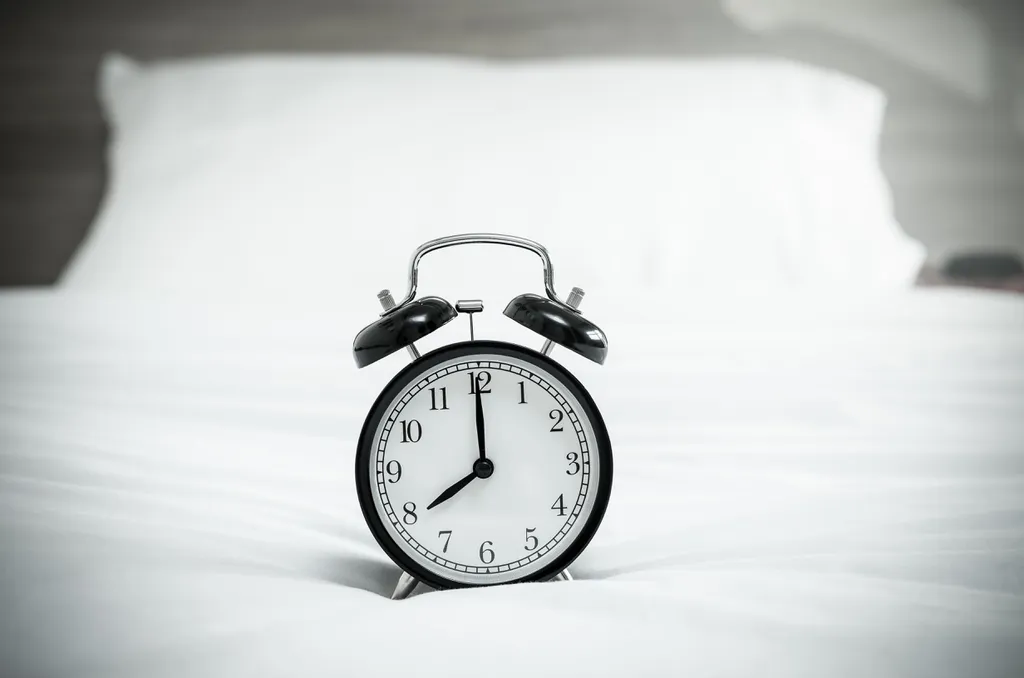It has always been questioned how Batman sleeps, as he dedicates his day to life as Bruce Wayne and his night to fighting crime. In the comics, this mystery has already been answered: the hero rests through careful sleep, a practice that science considers harmful to health.
Unlike Superman and Wonder Woman, Batman has no conditions beyond human, so sleep is a necessity. When you think of the endless list of tasks, like patrolling Gotham City, Wayne Enterprises board meetings, Justice League meetings, and training sessions (one-on-one or with Robin), it doesn’t add up, as a human needs roughly eight hours of sleep per day.
Over the years, Bruce Wayne has learned to manage micro-sleep sessions, remaining unconscious for a short time. This concept was first introduced in Batman #682Written by Grant Morrison and Lee Garbet. On this occasion, the butler Alfred expressed his concerns about the unhealthy habits of his boss. In response, Wayne activates his mini sleep mode, escapes the sermon and wakes up seconds later.
Want to stay up to date with the latest tech news of the day? Access and subscribe to our new YouTube channel, Canaltech News. Every day a summary of the most important news from the world of technology for you!

While the hero has used this practice to his advantage by training the brain to deliberately go to microsleep while studying or working, in reality, microsleep is viewed as dangerous.
What is accurate sleep
According to the Sleep Foundation, extreme sleep can include either intermittent naps lasting a few minutes or even seconds (in the latter case, much like what Batman applies in his daily life). At this point, the person can keep their eyes open, giving the impression that they are still awake.
But unlike in the case of bats, microscopic sleep does not occur intentionally, and is directly linked to issues such as sleep deprivation or disorders such as apnea. People without any disturbances can encounter it, but during a monotonous task like driving on an empty road at dawn.
At the moment, science still does not have an exact answer to what happens to the brain during this experiment, but researchers have already noted that during a precise sleep episode, the brain waves measured by the EEG decrease significantly, and they include brain activity. that differ from those in normal sleep. It turns out that during extreme sleep, a large part of the brain – which normally turns off during sleep – remains active.

Symptoms and dangers of water sleep
It can be difficult to determine exact sleep because it occurs even when a person’s eyes are open. However, the main symptoms include:
- blank stare
- head down
- Spasms in the body
- Not being able to remember the last two minutes
- slow blinking
- Difficulty keeping eyes open
- excessive yawning
Experts warn that the use of alcohol and some medications can lead to episodes of meticulous sleep, such as the use of antihistamines (commonly indicated to treat allergies, such as hives, runny nose, allergic rhinitis or conjunctivitis, for example).
Depriving yourself of sleep at night and sticking to mini sleep sessions during the day can have several consequences associated with sleep deprivation, such as weight gain or a weakened immune system. In addition, the central nervous system is the body’s main information pathway, and sleep is essential to keep it functioning properly.
Sleep also affects processes that maintain cardiovascular health, including those that affect blood sugar levels, blood pressure, and inflammation. If sleep deprivation continues for a prolonged period, the person may begin to hallucinate and increase psychological risks such as anxiety, depression, or impulsive behavior.
Prevention and treatment of Microsleep
If you’re not Batman, it’s best to see a professional if little sleep fits are a part of your life. However, to treat and prevent this inconvenience, it is important to get enough sleep at night. Making some lifestyle modifications and developing a routine can improve sleep quality, such as:
- Avoid caffeine and alcohol before bed
- Turn off all ambient lights or sounds
- Avoid stimulating activities before bed
- Maintain a comfortable room temperature
There is currently no treatment specifically recommended for watery sleep, which is not officially considered a disorder. However, investigation into the cause of these seizures is necessary, so a physician can suggest the best treatment for the condition associated with this differentiated behavior.
source: CBRAnd the screenAnd Sleep FoundationAnd Health lineAnd Center for Disease Controlthe National Institutes of Health (1And two)

“Wannabe internet buff. Future teen idol. Hardcore zombie guru. Gamer. Avid creator. Entrepreneur. Bacon ninja.”

